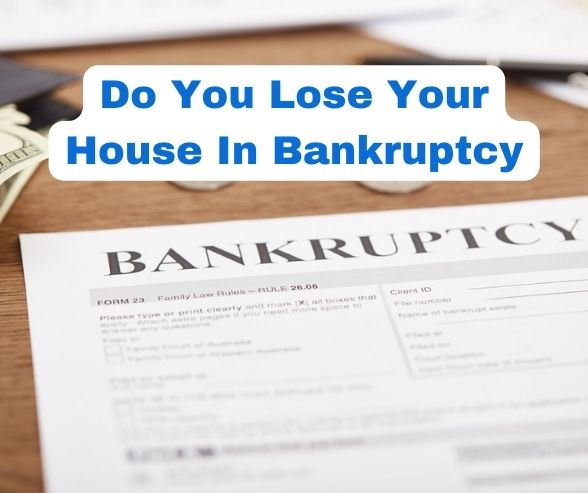Do You Lose Everything When You File Bankruptcy
What Do You Lose If You Declare Bankruptcy
People often hesitate to file for bankruptcy because they fear they may lose their homes. But in most bankruptcy cases you don’t lose all your property. Debtors often get to keep their household furnishings, preserve some equity in their house or car, and even keep their retirement accounts.
But your luxury items such as jewelry, flashy sports cars, fishing boats, and other luxuries are often sold off by bankruptcy trustees. The only way you can keep them is by paying for them. You need a bankruptcy lawyer that understands exemption laws work so that you can get to know what you may lose in a bankruptcy situation.
Debtors Can Keep Their House And Car After Filing For Bankruptcy
Will I Lose My House If I File Chapter 11
 Bankruptcy is not meant to strip you of all your belongings because that would make it impossible for you to survive. So, you get to keep things you really need such as a working car, home furnishings, and clothing. These items are called exempt properties.
Bankruptcy is not meant to strip you of all your belongings because that would make it impossible for you to survive. So, you get to keep things you really need such as a working car, home furnishings, and clothing. These items are called exempt properties.
Property that can be taken away from you in a bankruptcy situation is categorized as non-exempt. This is determined by whether you file for Chapter 7 or Chapter 13 bankruptcy.
Let’s say you owe $150,000 on your house which is worth $200,000, and your state offers a homestead exemption of $50,000. This means you can protect $50,000 in equity of the house you reside in but not more. If you file Chapter 7 bankruptcy and are current in your house payment when you file, you may possibly be able to keep your house.
You may be able to keep your house if you file for Chapter 13 bankruptcy. All you need is a regular income that can be garnished to pay your monthly house payment and other payments in a period of 3 to 5 years.
Another example is if you owe $300,000 on a house worth $500,000 and the homestead exemption is $150,000 in equity, you will not keep the house in Chapter 7 bankruptcy. This is because you have $50,000 in nonexempt equity on the house. So, the trustee might sell the house and give you $150,000.
But if you file Chapter 13 bankruptcy in the same situation, you may possibly be able to keep the house and pay the creditors the $50,000 is nonexempt equity. The payments will be made through a Chapter 13 repayment plan.
These examples are only meant to help you understand part of the bankruptcy process. There are other complicated processes that your bankruptcy lawyer can explain in great detail.
What Happens To Property Not Covered By Bankruptcy Exemption?
Claiming Bankruptcy And Keeping Your House
You are going to lose property that is not covered by bankruptcy exemption if you file for Chapter 7 bankruptcy. The bankruptcy trustee assigned to your Chapter 7 case will sell any property that brings in a considerable amount of money. The money from that sale will be distributed among your creditors.
You have to pay the value of your nonexempt property if you file a Chapter 13 because your nonexempt property will not be sold off. But you only qualify to file Chapter 13 if you have enough monthly income.